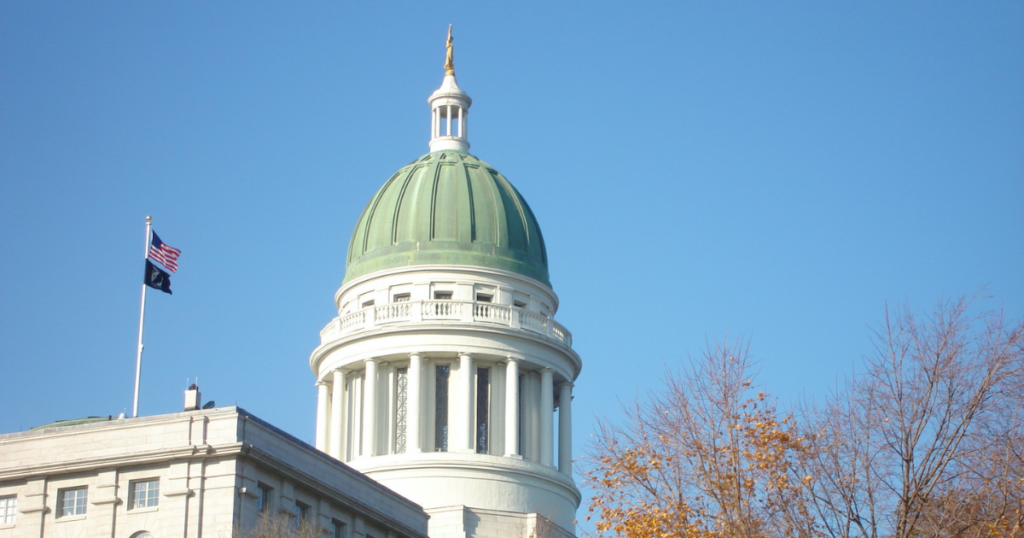The legislature has passed a supplemental budget, but its work for this year remains far from done. Both legislative chambers have approved dozens of bills and they are waiting on the Special Appropriations Table to divide up the remaining revenue (estimated at between $11 and $12 million) and fund key priorities. This usually-routine practice is currently in doubt due to procedural concerns, which could result in a number of missed opportunities for Maine workers and families.
The 131st legislature adjourned on April 18, with lawmakers scheduled to return for only one more day to address legislation vetoed by Governor Mills. This final day, known as “veto day,” has historically been used to tackle unfinished business, including bills on the appropriations table. Despite ample precedent, there’s disagreement on whether legislators can act on these bills on veto day which puts these important proposals at risk. As a last resort, the presiding officers or the Governor could call a short special session to consider these bills, as lawmakers have already passed a resolve to carry over any unfinished business to a hypothetical special session.
Among the bills waiting for final legislative action are:
- LD 513 mirrors a recently announced federal rule guaranteeing overtime to thousands of workers in Maine with low salaries
- LD 1376 increases the minimum wage to $15 per hour and raises pay for direct care workers
- LD 1432 allows the legislature to request racial impact statements on certain proposed bills
- LD 1718 gives direct care workers tuition waivers at public colleges
- LD 1834 establishes an Officer of Tribal-State Affairs
- LD 1955 increases availability of free care at Maine’s hospitals and requires hospitals offer reasonable repayment plans for other families with low income
- LD 1958 provides the Mi’kmaq Nation with sales tax revenues for sales occurring on their land, bringing them parity with other Maine tribes
- LD 2001 establishes an advisory council to ensure that Maine schools can meet the statutory requirement to teach African-American and Wabanaki history
- LD 2210 establishes a Civil Rights Office within the Office of the Attorney General to prosecute hate crimes
- LD 2219 ensures child care subsidies are provided to centers based on their enrollment rather than attendance
Procedural confusion in the legislature also puts several bills already passed off the Special Appropriations Table at risk, awaiting final votes in the Senate:
- LD 741 protects workers from predatory repayment agreements for workplace training
- LD 827 allows workers the right to request a flexible schedule without fear of retaliation
- LD 936 requires job adverts include wage ranges for prospective applicants
- LD 949 requires employers to inform their workers if they use surveillance software
- LD 1190 guarantees workers a minimum payment when called in to a shift that is later canceled
- LD 1478 ensures critical funding for family planning services in Maine
Before lawmakers head off for summer campaigning, they need to finish their work on behalf of Maine people. That means funding the many priorities they already agreed to enact.




